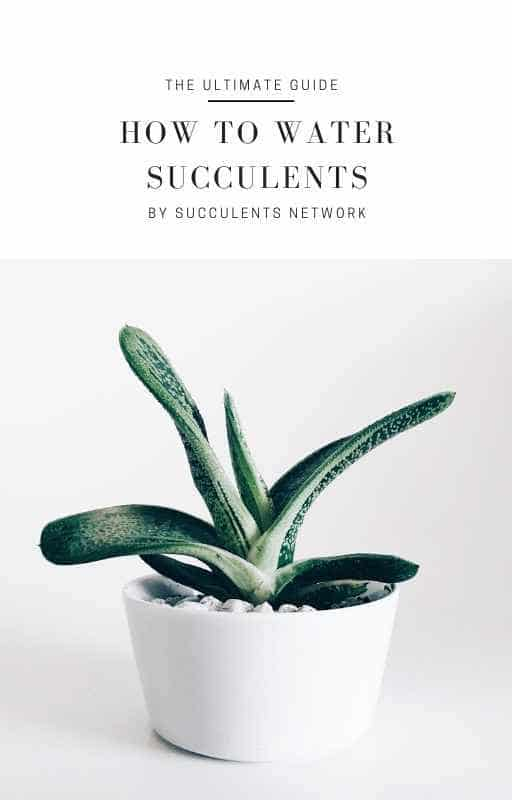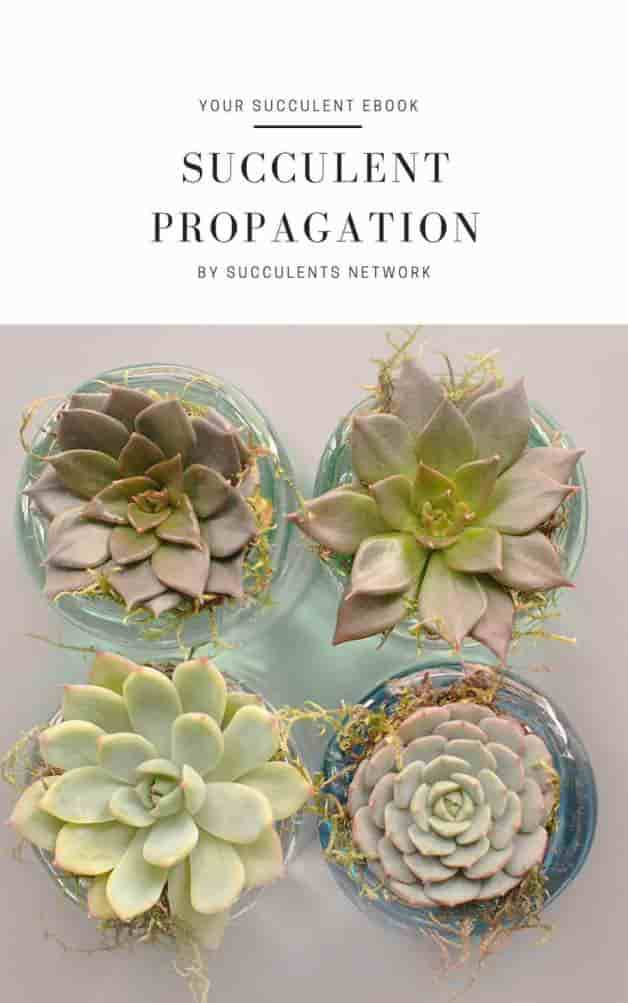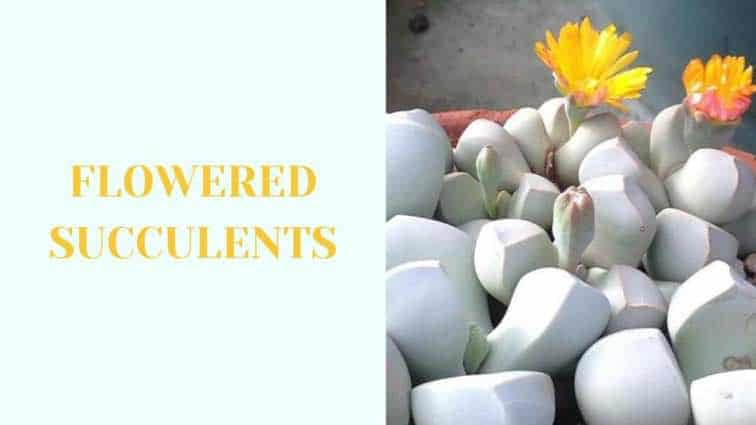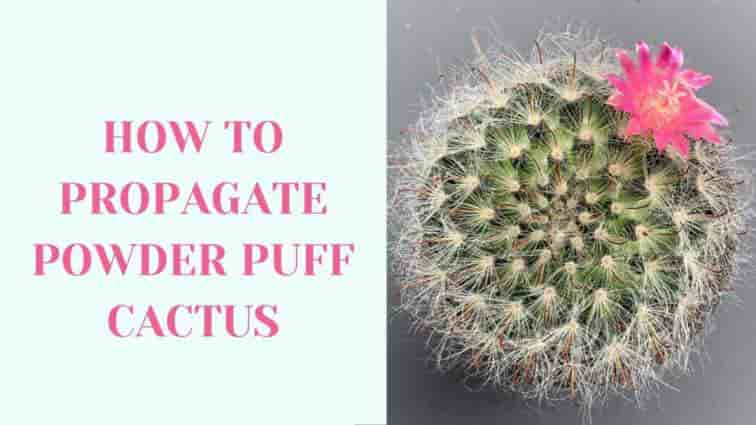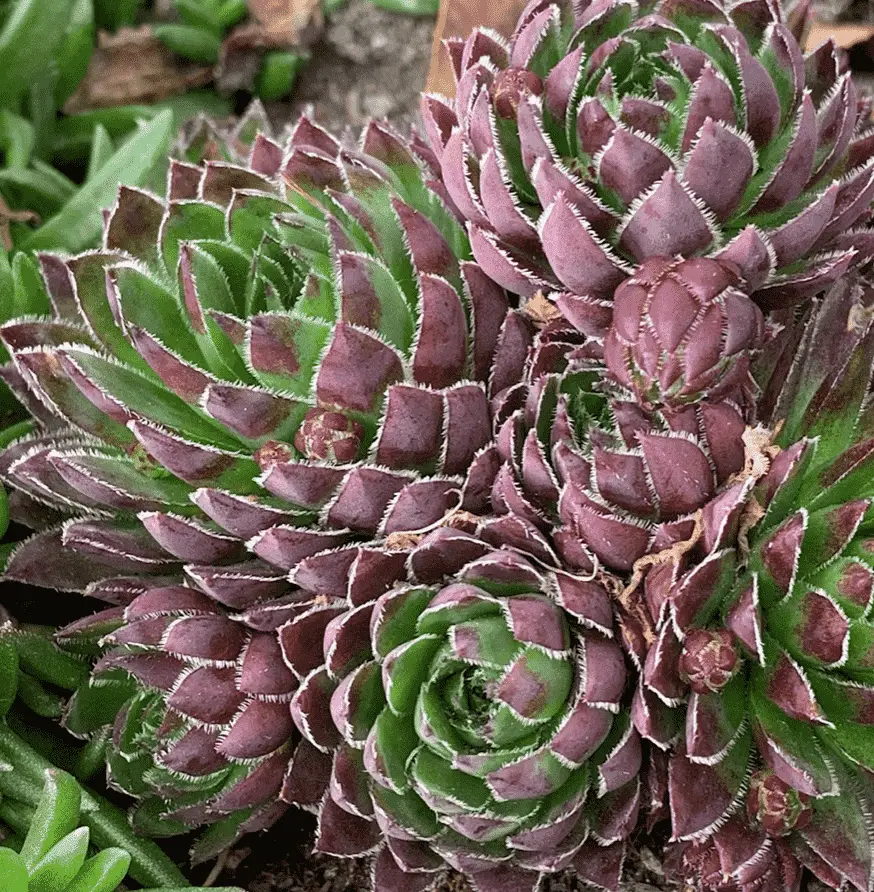
Picture via growyourownnevada
Basic Info
Sempervivum also is known as the ‘Hedgehog’ it is a monocarpic succulent. As the plant matures you can expect it to reach up to around 8 cm (3″) tall. The plants main feature are the green leaves that mainly grow purple on the outside. When caring for this succulent you should be careful not to overwater the succulent.
Scientific Classification
Family: Crassulaceae
Subfamily: Sempervivoideae
Genus: Sempervivum
Care and Propagation Information
Watering
When watering the Sempervivum (or Hedgehog) be careful it is a plant that is sensitive to over-watering. It is a plant that needs to be thoroughly drenched in water and dried before watering again. The plant should be water mostly between Spring to Fall, let the plant dry thoroughly before watering again.
General Care for Sempervivum ‘Hedgehog’
What kind of a plant carer should select the Sempervivum ‘Hedgehog’? It is perfect for a beginner plant grower who wants to have plenty of succulents in his garden. The plant does best when cared for in a proper light environment.
Quick Facts:
- Thrives best outside in full sun
- Should be grown outside
- Needs a similar amount of water as other succulents
- Can die easily if overwatered
- Becomes 8 cm (3″) tall
- Best zoon for the plant is -29° C (-20° F)
- Handle cold well
- Best propagated with offsets
- Generally not known to be toxic to people or animals.
- Grows best during Spring and Fall
Where to Plant
Calico Hearts is a plant that grows easiest in free-draining gritty compost. The plant handles cold well, so if you live an area that is cold then this is the succulent for you -29°C ( -20° F ).
Sempervivum Hedgehog is a plant that requires up to 6 hours of sun when planted outside in a garden spot with plenty of light.
How to Propagate Sempervivum ‘Hedgehog’
Learning how to propagate Sempervivum ‘Hedgehog’, begin by selecting a sturdy, healthy leaf. Then remove the stem from the main plant, cut the stem off with a sharp knife. Hedgehog is one of the species that easily grow offsets; it can, however, be challenging to grow a large specimen.
Placing the offsets in nutritious and well-drained soil. The soil should be drenched thoroughly, never let the soil dry. Once the plant’s root has started to appear, let the plant take its time to grow.
